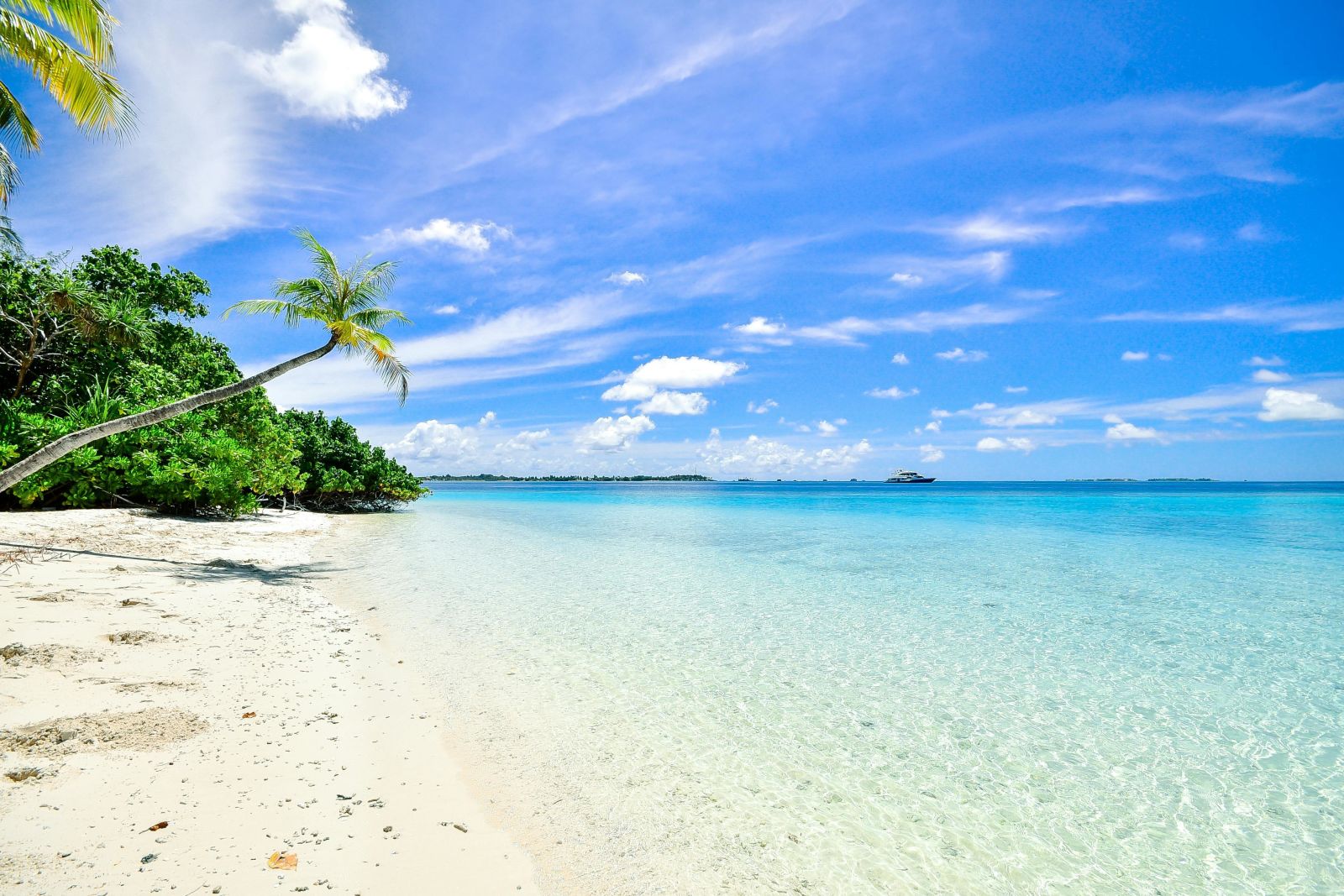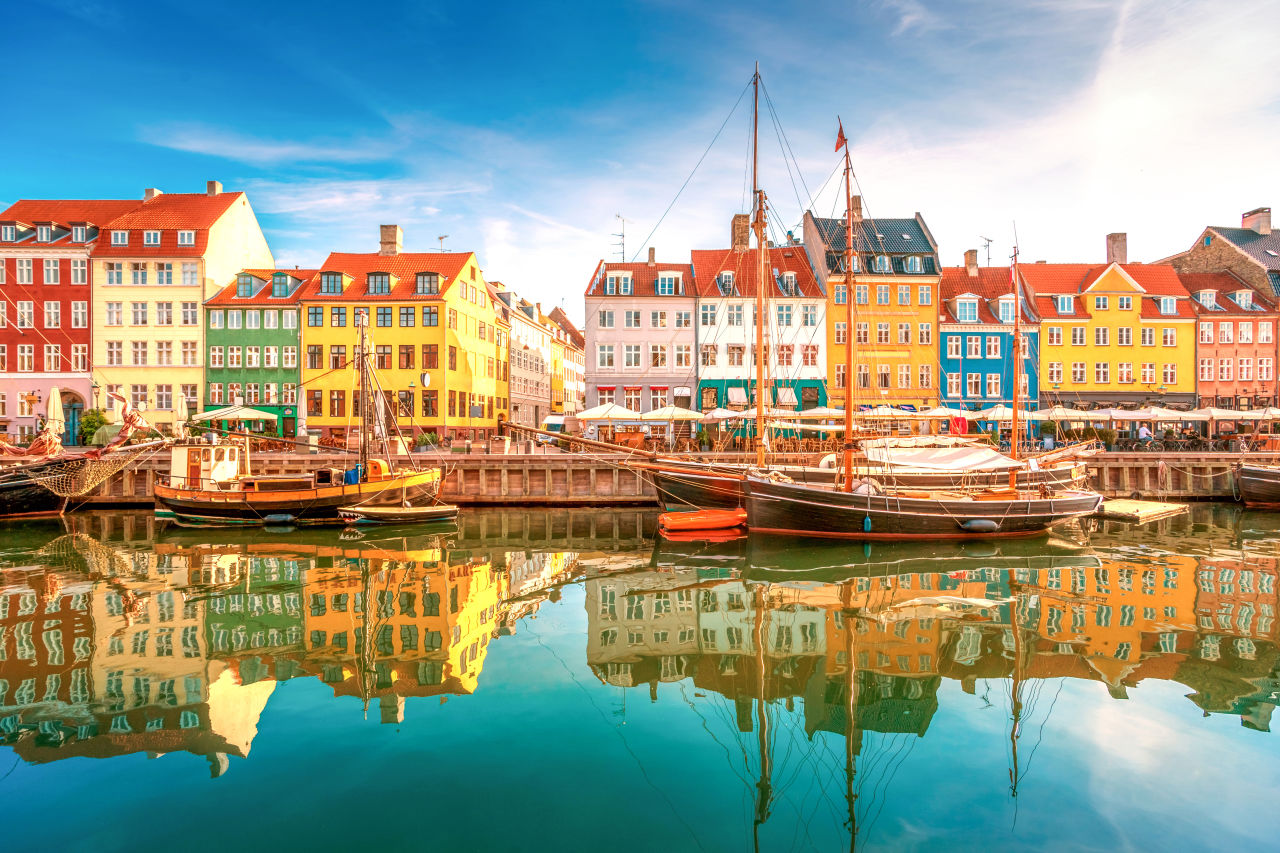Copenhagen rewards 'green' tourists
In recent weeks, there have been several demonstrations by residents of various European cities against the negative effects of mass tourism, a phenomenon referred to as 'overtourism'. Some cities have reacted by banning short-term rentals (Barcelona), or introducing bans on tourists in the most popular areas (Kyoto), or adding entrance fees (Venice).
The problem is very complex and the effects on the cost of housing for residents after the explosion of the phenomenon of short-term tourist rentals is only one aspect, although very visible for example in recent demonstrations especially in Spain: Barcelona, Malaga, and the Canary Islands are only the latest examples, where there have even been demonstrations against tourists present in the city.
Another element is the environmental impact of tourism, exacerbated by the often less than ideal behaviour of travellers.
This is also one of the aspects that this beautiful initiative of the Danish capital wants to combat: if you are a tourist visiting the city, and you demonstrate that you have the same attention to the environment as a Copenhagen resident, you will be entitled to a whole series of small prizes that should encourage eco-responsible behaviour.
Even though the effects of mass tourism are less visible in the Danish capital, there is still a wide gap between the behaviour of tourists and that of residents. Especially considering that Copenhagen is one of the most environmentally friendly cities in the world: it has a fully electric public transport system and a good portion of its inhabitants travel by bike, and over 2/3 of the city's hotels (and many restaurants) have an eco-certification, agreeing to adhere to high sustainability standards.
The idea of the CopenPay program is precisely to try to convince tourists to adopt the healthy habits of the city's inhabitants, perhaps changing their behaviours not only in the short term. The idea comes from data that says that 82% of people would like to act in a sustainable way, but only 22% have actually changed their behaviour.
The initiative was born from the city's tourist office, Wonderful Copenhagen, and has just started as a first experimental phase until August 11, to then possibly extend to the rest of the year.
What Does CopenPay Consist of?
The various public or private places that have joined the initiative offer rewards to tourists who demonstrate eco-responsible behaviour.
Here are some examples: 45 minutes of free rental of a bike from the company Donkey Republic with a green action; proving that you didn't arrive by car at the Copenhagen Museum you get a free cup of coffee, while the National Museum offers an ice cream instead; a surf school offers a free lunch to all those who dedicate half an hour of their time after the course to cleaning the beach, and similar initiatives are also at Øens Have, the largest urban garden in Northern Europe, and at the Banegaarden park-market.
In some cases, it requires a commitment to a behaviour and in others it is based on trust, because museums and attractions do not always ask for proof that the ecological activity has actually been completed. Nevertheless, the initiative's leader still argued that it could be possible, for example, to ask for a photo while riding a bike or a public transportation ticket to prove that you did not arrive at the museum by car.
What do you think, Pirates?
Here you will find all the information and a map of the activities that have joined so far and the possible prizes.

